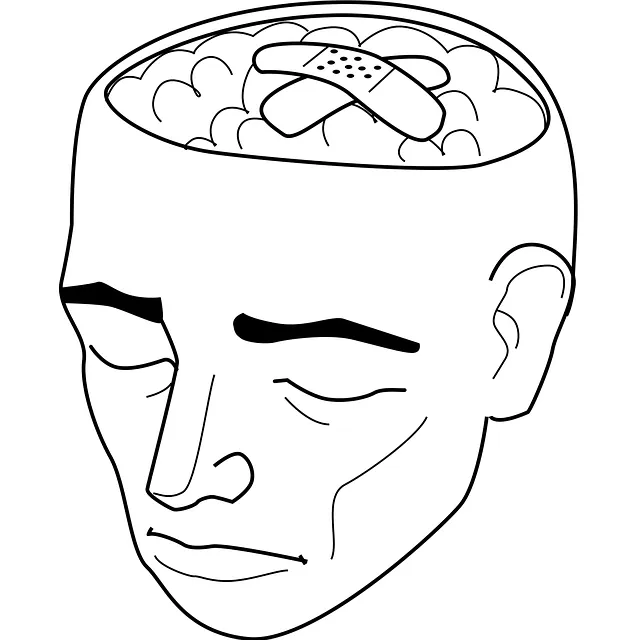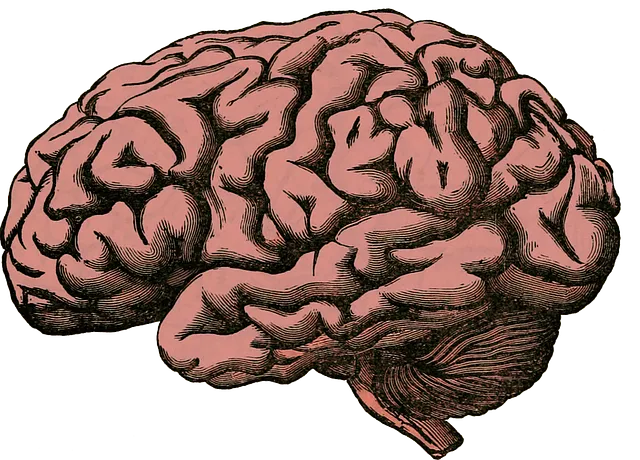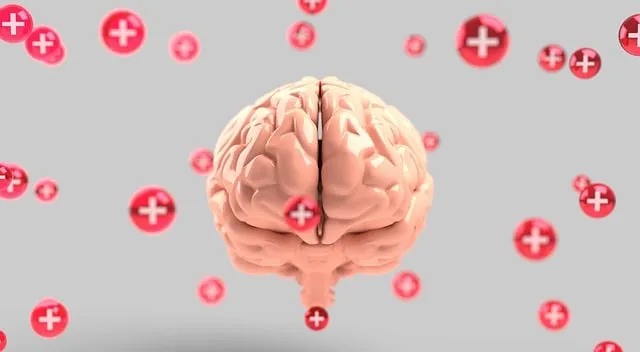Lone Tree Kaiser Permanente offers specialized Crisis Intervention Team (CIT) training, empowering healthcare providers to support individuals during mental health crises. These programs cover cultural competency, mental wellness journaling, and communication strategies like active listening and de-escalation. They provide comprehensive mental health services, including individual therapy, compassion cultivation, and empathy building techniques, with a dedicated team and crucial point of contact: the Lone Tree Kaiser Permanente mental health services number.
In today’s challenging social landscape, effective crisis intervention is more crucial than ever. Organizations like Lone Tree Kaiser Permanente (LTP) are at the forefront of providing essential mental health services. This article explores LTP’s innovative approach to training Crisis Intervention Team (CIT) programs, which equip professionals with life-saving skills. By delving into the key components of successful CIT training, we uncover how these programs foster a supportive environment and improve community well-being, emphasizing LTP’s leadership in mental health support with its dedicated services.
- Understanding Crisis Intervention Team Training
- Key Components of Effective Programs
- Lone Tree Kaiser Permanente's Mental Health Services Offerings
Understanding Crisis Intervention Team Training

Crisis Intervention Team (CIT) training programs are designed to equip healthcare providers with essential tools and knowledge to support individuals in mental health crises. These specialized training initiatives, often offered by organizations like Lone Tree Kaiser Permanente, focus on enhancing the skills of frontline staff who may be the first point of contact during a crisis. The primary goal is to ensure effective and compassionate interventions that promote positive outcomes for those experiencing psychological distress.
The programs cover various key areas, including Cultural Competency Training, which equips providers with the ability to understand and respond sensitively to diverse cultural backgrounds. Additionally, they introduce Mental Wellness Journaling Exercise Guidance as a technique to help individuals process their experiences and emotions during a crisis. Effective communication strategies are also central to these trainings, emphasizing active listening and de-escalation techniques to build trust and facilitate meaningful interactions with those in need.
Key Components of Effective Programs

Effective crisis intervention team training programs are multifaceted, encompassing various components to prepare teams for real-world challenges. At Lone Tree Kaiser Permanente, mental health services play a pivotal role in equipping staff with the skills to navigate and de-escalate critical situations. These programs typically include Self-Awareness Exercises that foster understanding of one’s emotional responses, enabling better management of stressful scenarios.
Additionally, training focuses on Mood Management techniques, teaching participants how to recognize and regulate their own moods as well as those of individuals in crisis. Burnout Prevention is another critical aspect, ensuring team members are equipped with strategies to maintain resilience and avoid emotional exhaustion over time. Through a combination of theoretical knowledge and hands-on practice, these programs aim to enhance the overall effectiveness and well-being of crisis intervention teams.
Lone Tree Kaiser Permanente's Mental Health Services Offerings

Lone Tree Kaiser Permanente offers a comprehensive range of mental health services designed to support individuals and families navigating emotional challenges. Their dedicated team provides a safe space for those seeking help, focusing on holistic well-being. The facility’s approach integrates various evidence-based practices, including Emotional Well-being Promotion Techniques, to empower patients with coping mechanisms.
In addition to individual therapy sessions, Lone Tree Kaiser Permanente fosters a supportive environment through Compassion Cultivation Practices and Empathy Building Strategies. These initiatives aim to enhance emotional resilience and strengthen relationships, reflecting the organization’s commitment to improving mental health outcomes in their community. The Lone Tree Kaiser Permanente mental health services number serves as a vital point of contact for individuals seeking guidance and support during crises.
Crisis intervention team (CIT) training programs, like those offered by Lone Tree Kaiser Permanente’s Mental Health Services, play a crucial role in equipping healthcare professionals with the skills to handle psychological emergencies effectively. By integrating key components such as evidence-based techniques, team dynamics, and de-escalation strategies, these programs ensure that CIT members can provide timely and compassionate support. The success of Lone Tree Kaiser Permanente’s mental health services in this area highlights the importance of continuous training and collaboration in managing crises and enhancing patient outcomes. For those seeking specialized care, understanding the available options, like the services offered by this healthcare provider, is essential for navigating challenging situations effectively.






